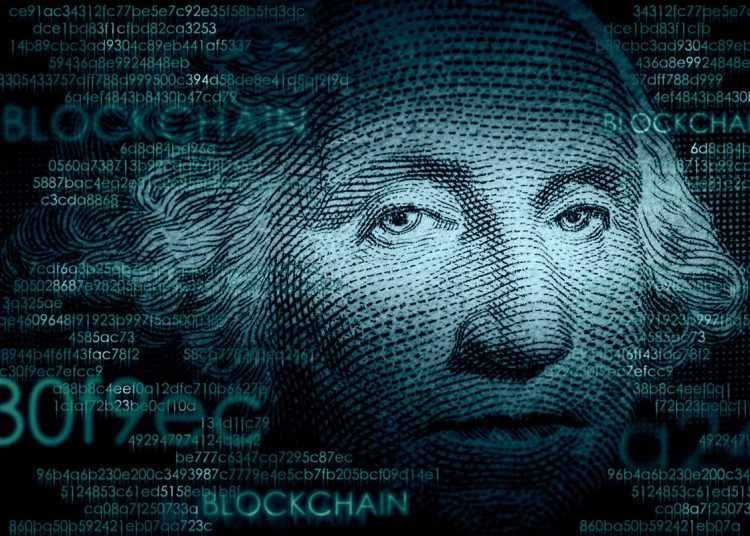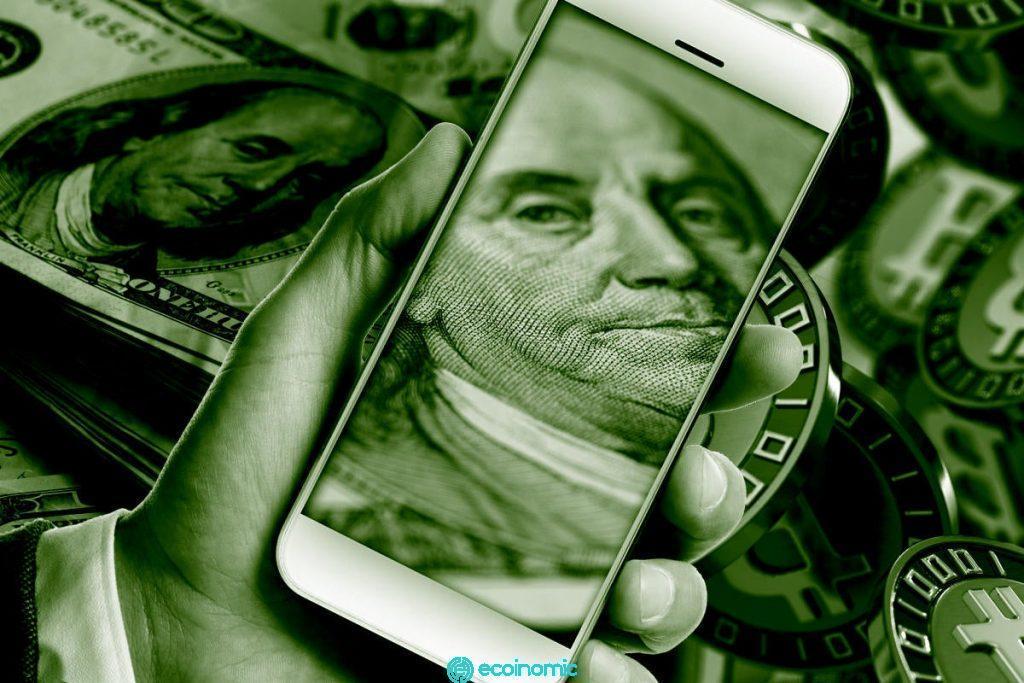Advertisement
The "Electronic Currency and Secure Hardware Act" (ECASH Act) was recently introduced by representatives of a group of U.S. lawmakers including Stephen Lynch (D-Mass.), Jesús Chuy Garcia (D-Ill.), Ayanna Pressley (D-Mass.) and Rashida Tlaib (D-Mich.) to direct the Treasury Secretary to develop and release an electronic version of the U.S. dollar, and they also pay attention to protecting privacy and anonymity in transactions.

Function of the electronic dollar
The digital dollar will be an intermediary value storage tool, much like the official cash issued by the Treasury, but users can save it on their phone or card. The token management system replaces the account, so if you lose your phone or card – just like you dropped your wallet, you'll lose money.
Rohan Grey, an assistant professor at Willamette University and one of the bill's advisers, said the bill aims to create a real version of the digital dollar.
"A token-based system, with no centralized ledgers or distributed ledgers, uses software as well as secure hardware and is issued by the Treasury.
The E-cash bill differs from previous proposals for the digital dollar, which are proposed based on stablecoins or decentralized ledger systems. Blockchain is designed to be transparent and can track every transaction, which means that every transaction is tied to who the recipient or sender is.

Users just need to buy electronic dollars through a bank account, peer-to-peer transaction or store, they can do whatever they like with it afterwards.
In addition, the system can also serve people who do not want to hold a bank account because of the minimum balance requirement or who do not trust the bank due to the bank's charging or ability to freeze user accounts at any time.
















